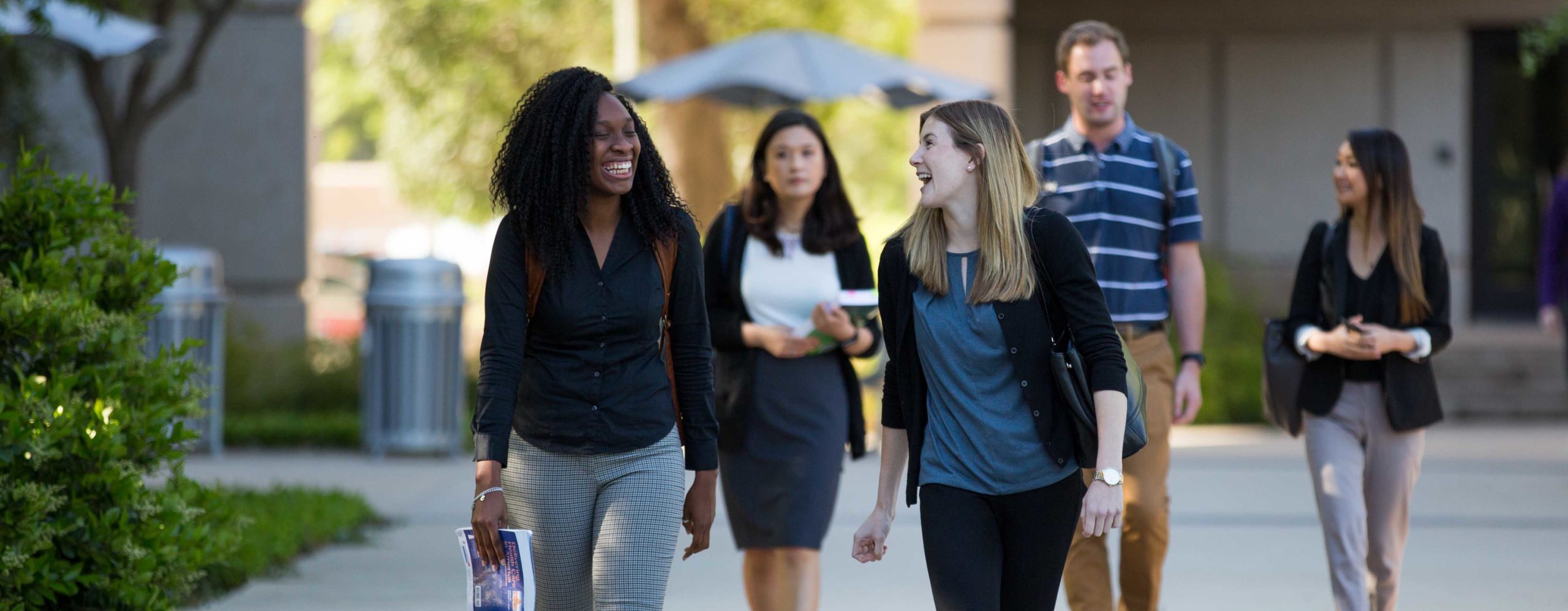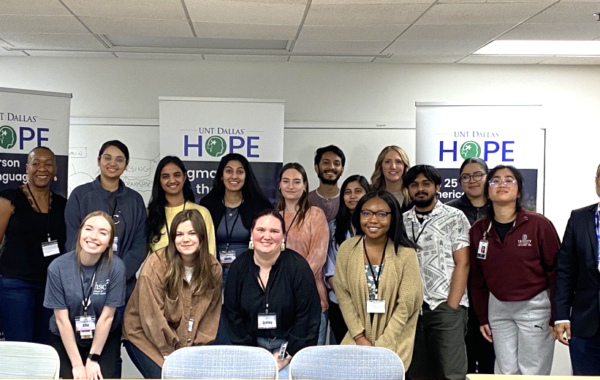Careers You May Follow Following Public Health Colleges
Careers You May Follow Following Public Health Colleges
Blog Article
Top Public Wellness Colleges Shaping Future Leaders
Public health colleges perform a critical position in surrounding the ongoing future of world wide wellness by equipping a fresh technology of authorities with the data and abilities to undertake pressing wellness challenges. The ripple effectation of their benefits can be seen in the progress of world wide healthcare techniques and the implementation of impactful answers in neighborhoods worldwide. public health colleges are evolving international wellness and fostering sustainable progress.

Providing Skilled Public Health Professionals
Public health colleges serve as hubs for establishing skilled professionals necessary in handling global wellness challenges. Through arduous academic programs, they make pupils to function in varied roles such as for example epidemiologists, biostatisticians, health plan analysts, and international health advocates.
The curriculum often stresses realistic knowledge, offering students options to participate in real-world health initiatives. This approach ensures that graduates get not merely theoretical knowledge but additionally the hands-on expertise expected to address crises such as for example infectious infection episodes, maternal and kid health disparities, and serious illness management.
A report shows that individuals with sophisticated public health degrees subscribe to lowering baby mortality costs by 2-5% annually in low-income regions.
Driving Research and Innovation
Public health colleges are important participants in developing health-focused research and innovation. They often conduct reports on demanding considerations like illness prevention, intellectual health, environmental health risks, and vaccine development. That study provides useful information that courses evidence-based plans and programs, immediately impacting world wide health outcomes.
As an example, data-sharing initiatives engineered at these institutions have helped identify patterns in illness transmission, causing quicker responses to pandemics. Universities also collaborate with governments and NGOs to show study results in to actionable, community-level wellness improvements.
Research results from community health institutions have reduced world wide malaria likelihood by 27% in the last decade, producing safer populations in malaria-prone regions.
Strengthening Worldwide Wellness Programs
Collaboration is in the middle of community health. Programs in public wellness colleges highlight the importance of interdisciplinary teamwork in approaching healthcare disparities. Graduates usually partner with global businesses to enhance wellness systems in underfunded regions. They aid in education healthcare workers, optimizing healthcare supply, and employing AI- and data-driven options for greater health planning.
These efforts enhance the resilience and capacity of sensitive wellness methods to tolerate future threats, creating a sustainable framework for improved international health.
Building Partnerships for Modify

Community wellness schools understand the energy of relationships in tackling international health disparities. By forging associations with world wide institutions, nonprofits, and community companies, they foster mutually valuable relationships. These alliances help the combining of resources and the co-creation of programs to cut back inequality in healthcare entry worldwide.
The Path Ahead
Community health schools remain essential in developing world wide health through skilled experts, cutting-edge research, and cross-sector partnerships. Their efforts continue to graph a route toward another where equitable healthcare is not an aspiration but a fact for all.
Report this page